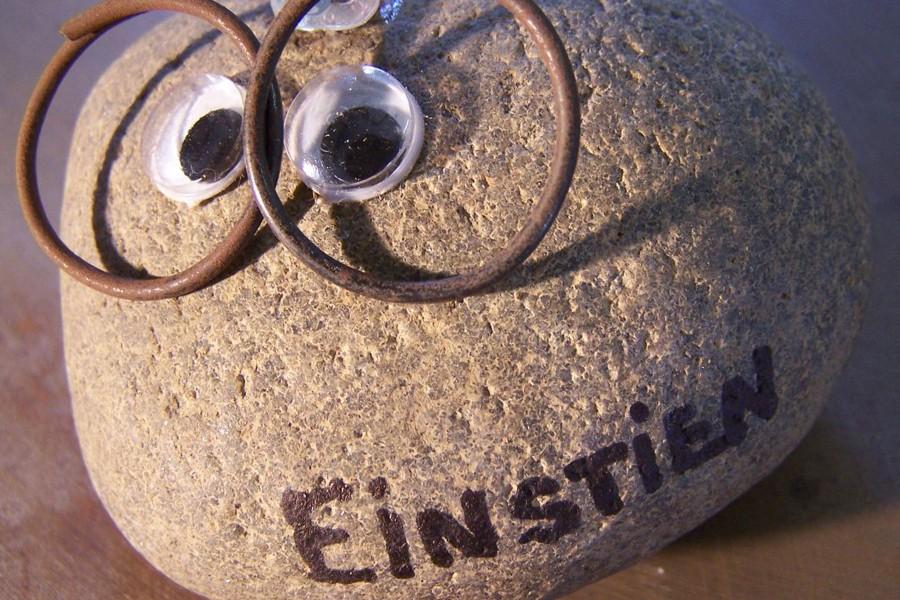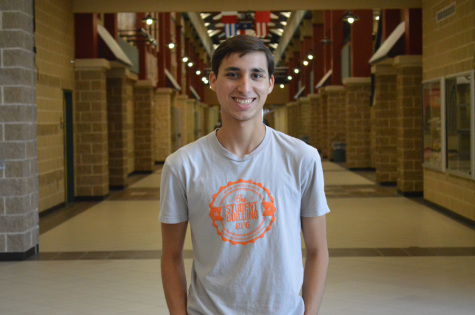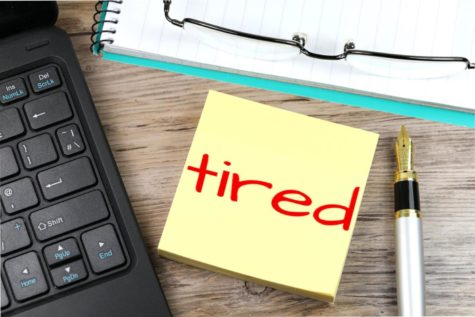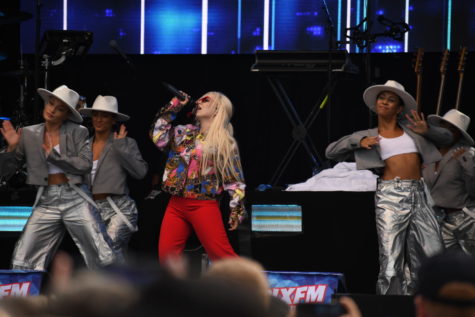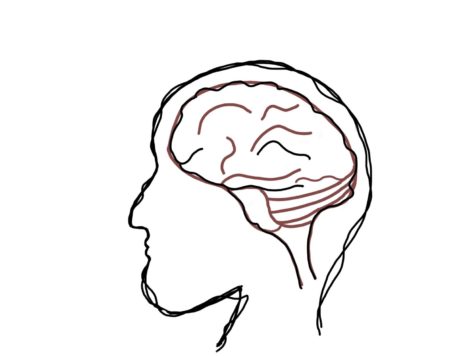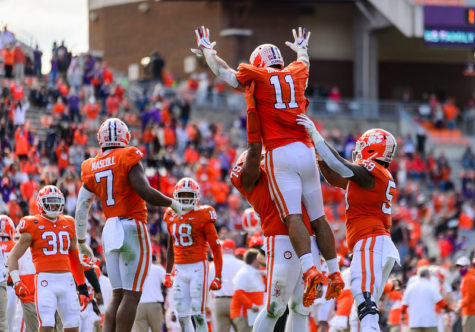Athletic Brains
flattop341 (Creative Commons License)
Brains Rock!
May 12, 2015
We hear it almost every day.
George Ranch wrestling makes the state podium for the first time. Girls’ soccer advances to the third round of playoffs after an intense battle last Friday night. The Golf team is the new district championship.
Students get out of class to send off the cross country and swimming teams as they leave to compete at state, and incoming freshman aspire to be a starting receiver for varsity football. These are great achievements and should be praised, but it’s easy to see why academic activities are overlooked by students when the most exposure they receive is a thirty second “congrats” in the morning announcements.
Just to be clear, this isn’t a problem with our school alone, and it’s not a rant by an angry “nerd” who wants to be noticed. This is about the denial of both recognition for a large portion of students and a general lack of funding for academic activates. High School in Texas is all about Friday Night Lights, and that’s understandable. Sports are glamorous and provide underdog stories that are few and far between in real life.
It would probably be hard to have pep rally for the Academic Decathlon meet, and it wouldn’t make sense to say a debater “won a hard fought battle to come out with the win”. But, even if they aren’t glorious, academic extracurricular activities are an important part of the school’s functioning.
Over the last semester, the district UIL academic events were hosted at George Ranch, TSA (Technology Student Association) and Speech and Debate attended their respective state competitions, and the Science Olympiad team hosted competitions. But even after teachers were asked to relocate their class rooms for the day they were asking what exactly students were doing.
The bottom line is this: we can’t expect students to participate academically if there is a lack promotion and recognition for academic achievements.
The bottom line is this: we can’t expect students to participate academically if there is a lack promotion and recognition for academic achievements. But how does a school with so much athletic success create a revamped focus on academics?
It’s actually pretty simple. It all starts with the money.
The booster club system needs to be updated. According to sources, most (if not all) booster clubs were created when the school was founded in 2010. As of right now, there are multiple programs that rely solely on student fundraising because of the lack of a booster club.
The athletic department and band program have the largest booster clubs, so it makes sense that they have the most students. While gaining more funding might not solve the entire problem, it would definitely be a step in the right direction, but it is common sense that the creation of support system would lead to more support.
With a booster club, programs that previously went over looked will be able to gain more attention by hosted pep rallies and by outs.
Then maybe students will get out of class to give Speech and Debate a sendoff when they go to state.



